An EU-funded Scottish-led team is using virtual coral larvae to test how well marine reserves can withstand climate change.
A new study supported by the EU-funded TRIFORC project has shown that by changing the genetic code for one amino acid in a plant begins a process that produces a new natural product that could be used in a variety of ways, including disease resistance.
A recently published study part supported by the EU-funded NEOMILK project has outlined widespread evidence of prehistoric milk production in southern Europe.
New research supported by the EU-funded STILTS and NEUROFAST projects has discovered that individuals who carry variants in a particular gene have an increased preference for high fat food, but a decreased preference for sugary foods.
EU researchers have developed a new system to monitor industrial food processing in real time, an innovation that could have real commercial potential.
Collaborative research funded by the ERC’s CACH project has announced the first real evidence that deep-sea animals are ingesting microplastics that are finding their way into the world’s oceans. This comes at a poignant moment as several governments are considering a ban on plastic microbeads, most often found in toiletries and cleaning products.
A new study has shown that individual mole rats perform different roles at different ages, and that age rather than caste behaviour accounts for the changes in their behaviour.
The sustainable production of pathogen-free crops is one of mankind’s most pressing concerns, given projected population growth and the threat posed by climate change to arable land. Incredibly, the study of a species of unassuming tree-dwelling beetles could hold some answers.
EU-funded researchers have examined new ways of rapidly detecting infectious pathogens - such as rabies and influenza - in order to prevent pandemics.

EU researchers have developed tools and guidelines to help protect Europe’s spice and herb commodity chains from deliberate, accidental and natural biological and chemical contamination.
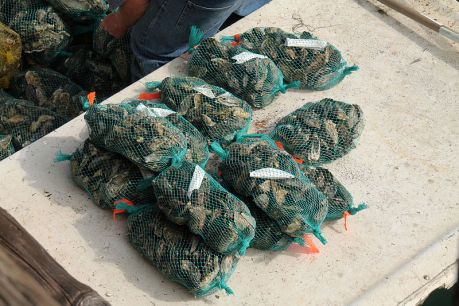
Enhanced knowledge transfer and online tools have strengthened networking and knowledge transfer in Europe’s shellfish sector. This has direct bearing on the competitiveness of European aquaculture.
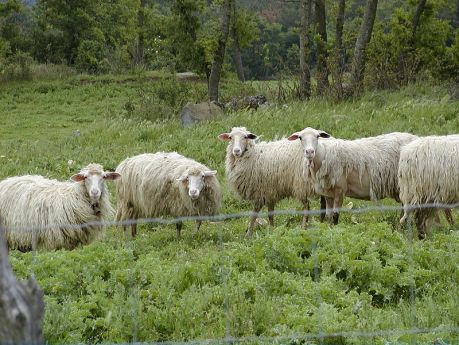
Tick-borne parasitic infections are common in small ruminants such as sheep, goats, deer and other related species. Through a combination of immunology, genomics and vaccinology, researchers from 11 countries investigated ways to improve existing vaccines and create new ones.
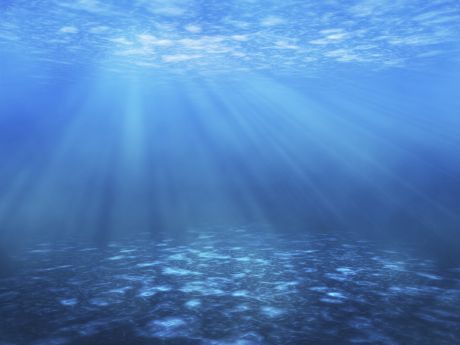
An EU initiative developed a network of marine coastal observatories to standardise and streamline data collection and management for global ocean monitoring.
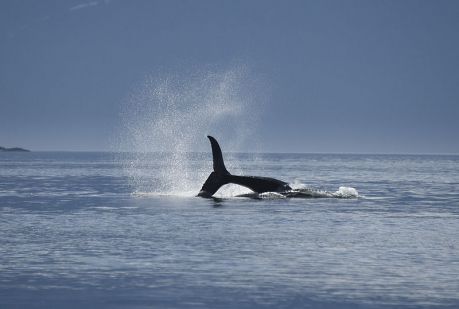
Ecosystems in the North Atlantic Ocean are crucial for the ecological, economic and societal health of both Europe and North America. EURO-BASIN an EU initiative analysed the basin-scale processes impacting these ecosystems, from natural climate change to anthropogenic pressures.
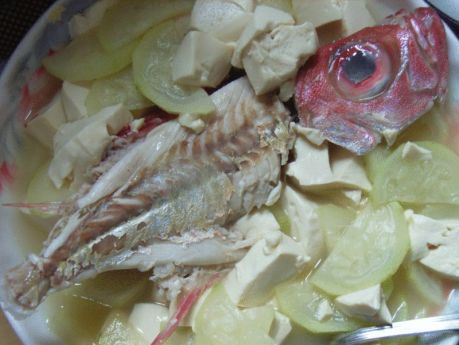
An EU-funded initiative designed a fermentation process for low-value fish raw materials to produce new food products with improved shelf life and high consumer acceptance.
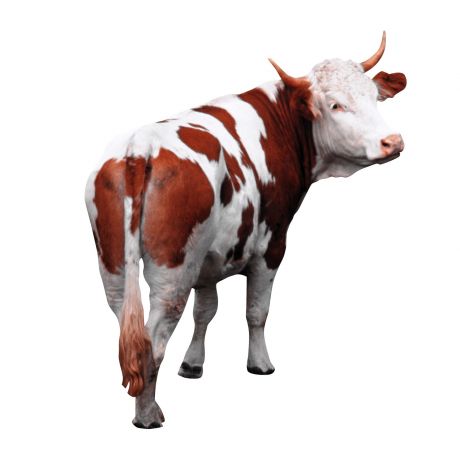
Faced with increasing competition in the food and drink industry from around the world, the EU has risen to the challenge by developing an innovative integrated pasteuriser and homogeniser for fluid foods such as milk and fruit juices.
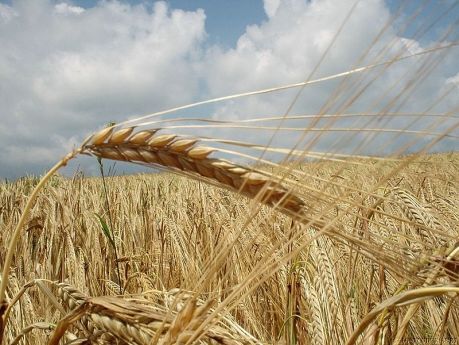
A central goal of EU agricultural policy is for consumers to have free choice among conventional, genetically modified and organic products. Research is establishing how these products can coexist in national and international supply chains.
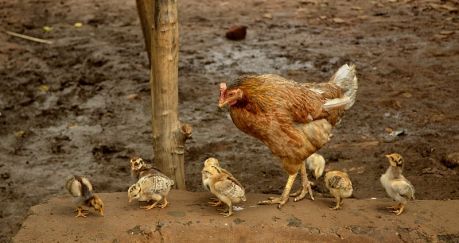
In an increasingly interconnected world animal diseases can cause serious social, economic and environmental damage and, in the case of zoonoses, threaten human health. EU funding supported the formation of a global strategic alliance to improve research coordination on these diseases.
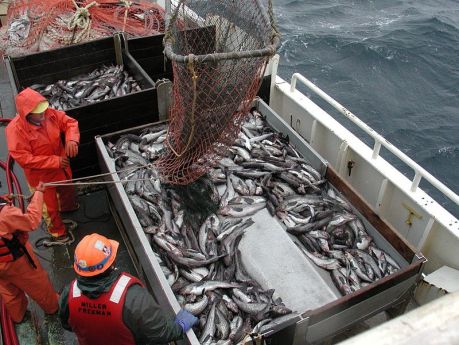
Over the last 10 years environmental issues have become more and more important for the seafood industry and its value chain as consumers and retailers wish to know whether stocks are managed sustainably. A new approach to documenting whitefish caught in European seas will help provide sustainability and environmental information to potential customers
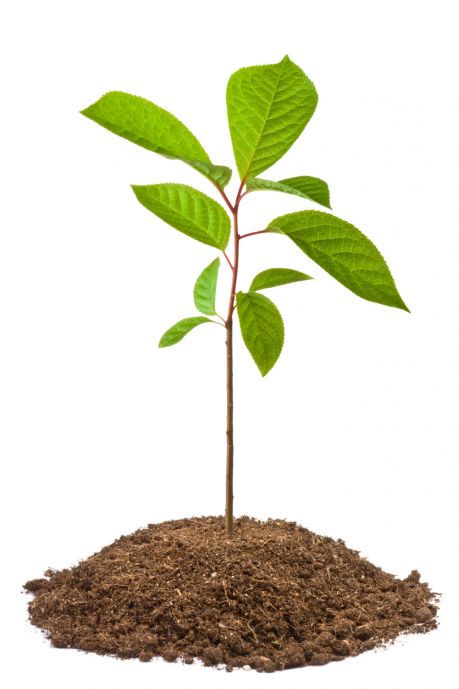
Scientists hope to minimise fertiliser use by improving how efficiently plants use nitrogen in the soil.

Nutrigenomics examines the relationship between food and gene expression. The ability to plan diet recommendations based on an individual's genetic profile is an exciting concept recently explored by an EU initiative.
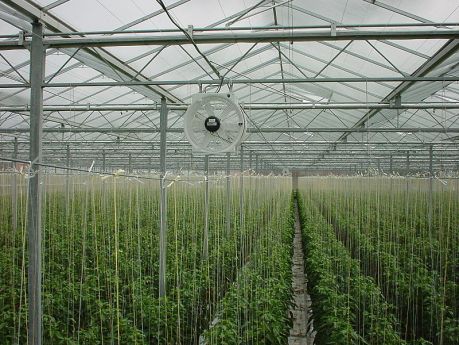
An EU study aimed to economically improve crop productivity through the addition of carbon dioxide (CO2) to greenhouses. Tests of the project-developed equipment proved the concept using sweet capsicum and tomatoes, paving the way for commercialisation.
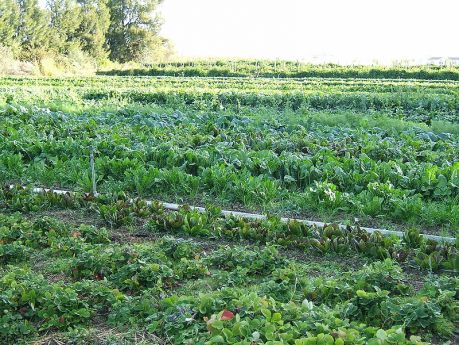
Researchers have discovered that roots provide plants with environmental information, enabling them to communicate with other plants and 'warn' them about impending stress.
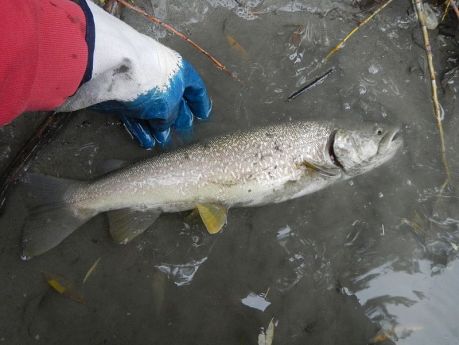
An EU team modelled a cold-water fish species' eco-evolutionary response to climate change. The study predicted that certain combinations of environmental change and fishing would threaten the ecological and economic viability of fish stocks.
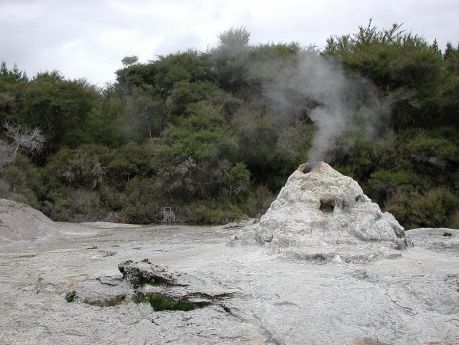
EU-funded researchers have identified a new generation of thermostable hydrolases. They showed better performance than current enzymes in a range of industrial processes such as paper pulp bleaching, oil drilling, and textile and food processes.















